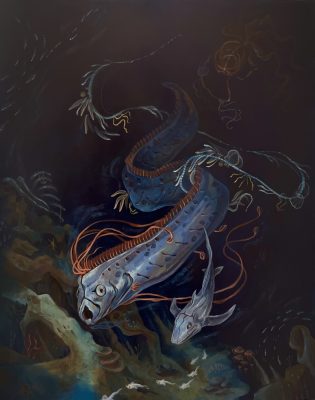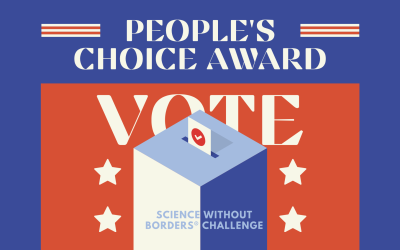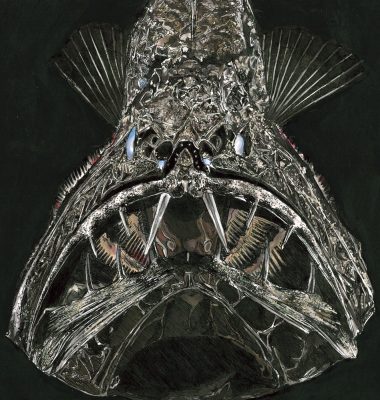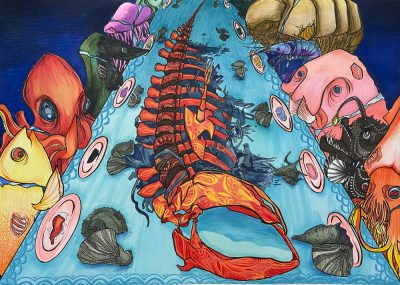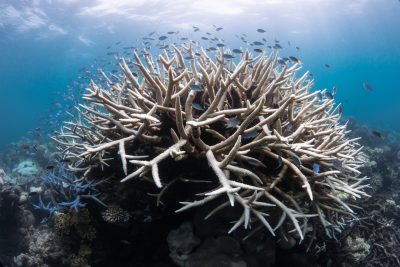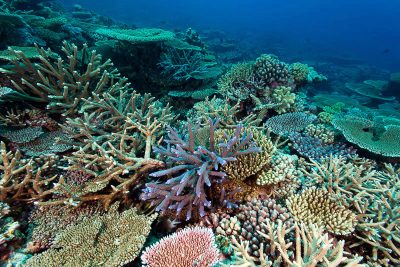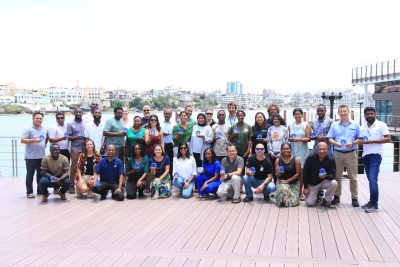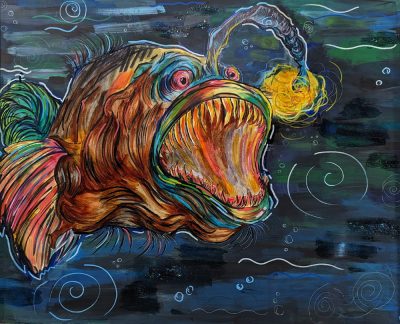
Meet Claire Kim, Our 2024 Art Contest 1st Place Winner (Ages 11-14)
The Science Without Borders® Challenge has once again captivated audiences worldwide with its remarkable success, drawing in over 1,700 artworks from 82 different countries, all revolving around the theme of “Hidden Wonders of the Deep” and portraying the beauty and

